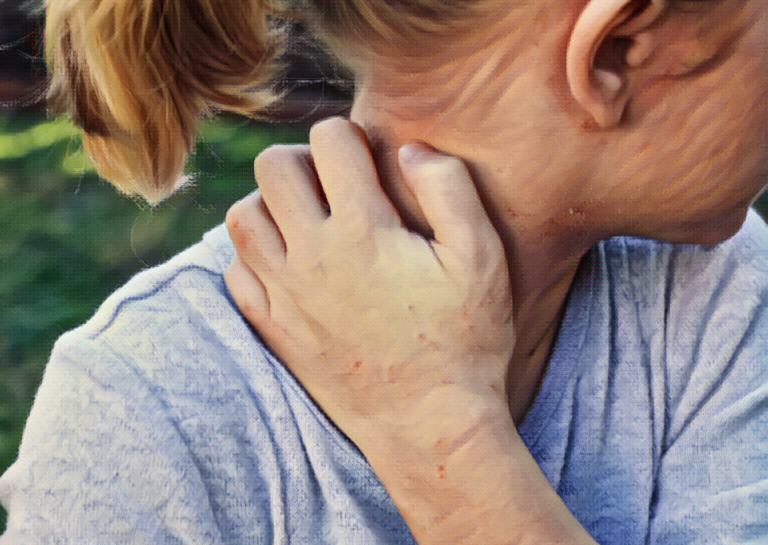Overview
Eczema, also known as atopic dermatitis, is a common skin condition that affects millions of children worldwide. It is characterized by itchy, red, and inflamed skin that can be both painful and unsightly. Eczema is a chronic condition, meaning that it is ongoing and can last for months or even years. It is most common in children under the age of 5, but it can also occur in older children and adults.
Symptoms
The symptoms of eczema in children can vary depending on the severity of the condition. Common symptoms include:
- itchy, red, and inflamed skin
- Dry, scaly, or rough skin
- Cracked or weeping skin
- Small, raised bumps that can ooze or crust over
- Thickened or leathery skin in severe cases
- Eczema symptoms can also be triggered by certain factors such as stress, exposure to irritants, or changes in temperature or humidity.
Causes
The exact cause of eczema is unknown, but it is believed to be a combination of genetic and environmental factors. Children with eczema often have a family history of the condition, and it is more common in children with a history of allergies such as hay fever or asthma.
Certain environmental factors can also trigger eczema symptoms, such as exposure to irritants such as soap, detergent, or fragrances, or exposure to allergens such as dust mites, mold, or pet dander.
Treatment
Treatment for eczema in children typically involves a combination of self-care measures and medication. Self-care measures include:
- Keeping the skin moisturized with a fragrance-free lotion or cream
- Avoiding irritants and allergens that can trigger eczema symptoms
- Avoiding scratching or rubbing the skin, which can further irritate the skin
- Using over-the-counter hydrocortisone cream to reduce itching and inflammation
Medications that may be prescribed by a doctor include:
- Topical corticosteroids to reduce inflammation
- Topical calcineurin inhibitors to reduce inflammation
- Antihistamines to reduce itching
- Oral antibiotics if the skin becomes infected
Prevention
Preventing eczema flare-ups can be challenging, but there are steps that can be taken to reduce the frequency and severity of symptoms. These include:
- Keeping the skin moisturized
- Avoiding irritants and allergens
- Managing stress
- Avoiding excessive exposure to water and soap
- It is also important to work with a healthcare provider to create an individualized treatment plan that addresses the specific triggers and symptoms of eczema.
Citations
- National Eczema Association. (2021). Atopic dermatitis (eczema). Retrieved from https://nationaleczema.org/eczema/types-of-eczema/atopic-dermatitis/
- American Academy of Dermatology. (2021). Eczema. Retrieved from https://www.aad.org/public/diseases/eczema
- Mayo Clinic. (2021). Eczema. Retrieved from https://www.mayoclinic.org/diseases-conditions/eczema/symptoms-causes/syc-20353273
- National Institute of Arthritis and Musculoskeletal and Skin Diseases. (2021). Atopic dermatitis (eczema). Retrieved from https://www.niams.nih.gov/health-topics/atopic-dermatitis
- American College of Allergy, Asthma & Immunology. (2021). Eczema. Retrieved from https://acaai.org/allergies/types/skin-allergies/eczema
